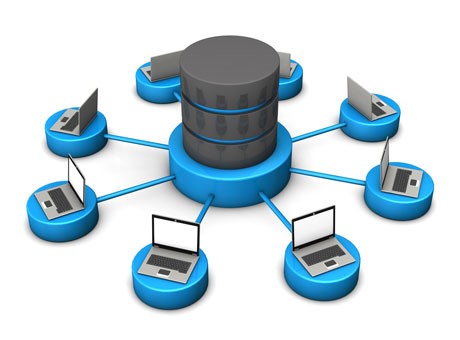732
Spread the love
- The databases are designed to have the means to alter, erase, archive and retrieve data from various operations.
- A database management system uses queries to retrieve database information.
- You may store a database either as an independent file or as a file community.
- The data from these files can be grouped into documents, with fields in each record.
- Fields are the key data storage object and each field provides information about the database entity’s attribute.
- While the word “database” is used for any computer file set of data, there is usually a cross-reference feature in a database.
- Users will, among other sorting and filtering methods, pick, sort, and pick the fields from the different reports for generation by using keywords and search criteria.
- In order to enable the recovery of data, store documents and files must be systemized.
- For instance, a user enters a string, where the machine crosses the database and outputs the various positions where the characters are displayed.
- Number databases contain financial, science, mathematical and technological information, while small databases may be operated on personal computers and used by home users.

Types of Database:
Centralized database
- This database can be accessed by users from different locations. The central database saves data and programs and sends them to a central computing facility for processing.
Operational database
- This is a basic form of database that contains information regarding the operations of an enterprise. These databases are organized for marketing, production, and other business-related purposes.
End-user database
- This is a database shared among users and intended for use by end-users, like managers of different departments. This database presents a summary of the information involved for ease of use.
Commercial database
- This is a database that holds information that external users need. However, it’s not cost-efficient for the end-users to maintain such a database by themselves. Commercial databases are a paid service for the user, as the databases are subject-specific. Access is given through commercial links. Some commercial databases are offered on CD-ROMs, a method by which the cost of communication is reduced.
Personal database
- Personal databases are maintained on personal computers. They contain information meant for use by a limited number of users.
Distributed database
- These databases make use of inputs from common databases. The data involved is shared out between different sites in the organization in question. As the sites are connected to each other, the entire collection of data makes up the database of the organization.


